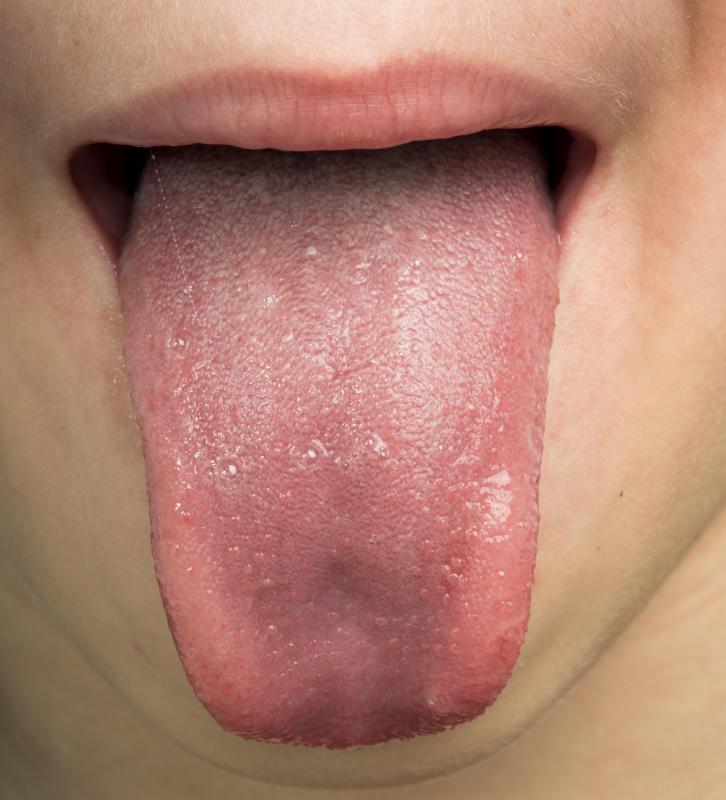At BeautyAnswered, we're committed to delivering accurate, trustworthy information. Our expert-authored content is rigorously fact-checked and sourced from credible authorities. Discover how we uphold the highest standards in providing you with reliable knowledge.
What is Hydroxyethyl Cellulose?
Hydroxyethyl cellulose is is a thickening or gelling agent made from cellulose. It is used as an ingredient in solutions such as household cleaning products, soaps, and shampoos. It thickens these solutions and reduces the amount of suds or foam they. This increases the cleaning effect because colloids surround the dirt particles, which then wash away with water. Hydroxyethyl cellulose also can be used as a laxative.
Cotton, paper, and wood contain cellulose, which in its natural state it is known as a polymer. It is also a very strong fiber. Hemp ropes and cotton are made out of it and it is considered fibrous cellulose. Monomer glucose is metabolized by the body but it cannot be digested when it is in glucose form. Because cellulose is made from sugar monomer, it is referred to as a polysaccharide.

There are many derivatives that come from cellulose, including hydroxyethyl cellulose. To convert cellulose into hydroxyethyl cellulluse, the glucose repeat unit is replaced with hydroxyethyl ether. These groups do not allow the polymer to crystallize. When added to a solution it then becomes soluble.
Because hydroxyethyl cellulose is fibrous and water soluble, it can be used as an effective laxative. It breaks down food, aiding in digestion and helping to produce healthier bowel movements. This solution is known as a stool softener and it works by stimulating the digestive tract, reducing or eliminating constipation.

There have been a few side effects associated with hydroxyethyl cellulose. Allergic reactions can occur, including swelling of the tongue or face and itching skin. Other side effects include hives or a raised and reddened rash. A burning sensation may also be felt on the skin and breathing problems can also occur. While using this medication for a lice infestation, severe itching can continue even after the lice are removed. This drug is not recommended for people who have compromised immune systems or HIV-AIDS.

Hydroxyethyl cellulose should not be consumed by women who are pregnant or nursing. People who suffer with chronic asthma or are allergic to rag weed or certain foods or dyes should consult a physician before using this medication to treat an ailment. There are no substantial drug interactions that have been reported with this drug. It should be taken as directed, to avoid any problems due to an accidental overdose.
AS FEATURED ON:
AS FEATURED ON:


















Discussion Comments
I try to use natural products such as shampoos as soaps whenever possible. Reading this description of hydroxyethyl cellulose makes me glad that I made this changes several years ago. I don't know about anyone else, but these chemicals do not sound like anything I want to put on or near my body.
Post your comments